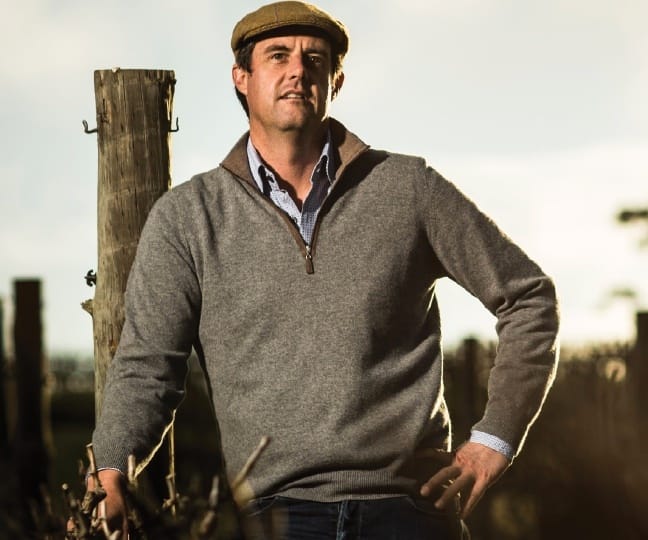
A chalkboard outside Bekkers’ new cellar door in McLaren Vale advertises a tasting of three red wines for $10. Toby Bekkers says it makes a few people turn around and drive straight out, but he has no issue with that because he’s set up his business to attract the premium dollar. Besides, the 500 cases sell out.
“We’re asking $80 to $110 a bottle, so they’re not for everyone,” says Toby, who released his first wine, a McLaren Vale Syrah 2011, three years ago.
It’s a beautiful tasting space with large windows providing panoramic views of the vines and hills. Quality glassware and good bottled water and cheese add to the premium feel. The Grenache, Syrah Grenache and Syrah are served in that order.
“The wines show a gentle stepping up in density,” Toby says.
“Our winemaking philosophy is based on texture. People who are not educated tasters always say, ‘that’s smooth’. Whether it’s whisky or wine, people talk texture. At the pointy end of fine wine, that last increment between good and super-good is textural. It’s a fine line: we need stuffing to go the distance in the cellar for the prices we’re asking, but we also want to release wines that are soft, silky and elegant.”
Toby, one-time GM of Paxton Vineyards, decided to focus only on high-end wines after studying top wineries on numerous trips to France with his winemaker wife, Emmanuelle, who was born in Toulon, close to Bandol. The first thing Toby did when planning the business was to write an A4 tasting note of the wine he had in mind. He then chose the sites, including the Gateway Vineyard, which he part-owns, for “the rich, layered, textural mid-palate” and Hickinbotham Clarendon Vineyard for “aromatic punch”.
An AWRI Board member and a Future Leader, Toby believes high-end wines are good for any wine region – especially in one where the feeling is too much wine is sold too cheaply. “McLaren Vale has been a fabulous region for mid-range consistency and bang for your buck, but there is an opportunity to showcase the beautiful things at the pointy end, the small individual gems,” he says. “I see so much potential in McLaren Vale for people to be at the fine wine end of the market. It’s a matter of having enough confidence to do it. I believe you need a couple of people at that super-pointy end to give the region a stamp of authority in a world context. All the guys who have done well here have done the hard yards walking every corner of the valley. If you have an intimateknowledge of the region, you can do amazing things.”
Bekkers is building its business on a mailing list. The plan is to produce 2,000 cases, with no more than 500 of any one wine. “We’re conscious we’re a small part of the market and have to walk before we can run,” Toby says. “I think a shed too full of wine is the worst thing you can have. People smell it on you. I’ve been in the game long enough to know that wines at this price can be agonisingly slow to sell, but I think over the longer term it’s going to be a niche for us.” Toby stands by the pricing. “You’ll often hear people say McLaren Vale sells world-class wines, but then we turn around and sell them for twenty bucks,” he says. “That doesn’t make sense, does it?”
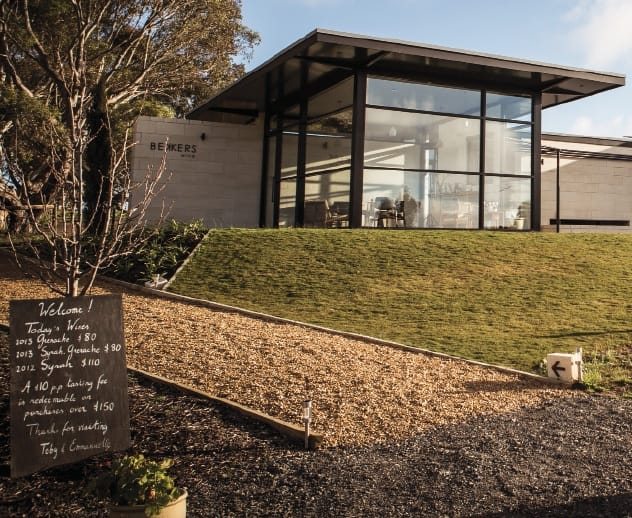
Emmanuelle and Toby utilise some fermentation space at Yangarra Estate Vineyard to make the wines. Toby says the berry-sorting technology is a key to purity; the downside, 10 percent fruit loss.
“We’re very wasteful with our winemaking,” he says.
“We get rid of all the raisins and it ends up looking like caviar in the bin. Hand-picked bunches look pristine, but when you put them through the sorting machine, the amount of shrivelled-up stuff hidden inside them is amazing. No one would want it in their ferment. Our extraction rates would also make your average winery accountant have a heart attack. The world over, fine wine producers have in common attention to detail. You could eat off the floor at Yangarra; being boutique doesn’t have to mean working in a dirty little shed.”
Toby and Emmanuelle travel to France each year with their two children. And every time, Toby comes home feeling more positive about McLaren Vale.
“Our spirit of collaboration is a massive asset,” he says.
“Consistent feedback from the media and trade who visit McLaren Vale is that we all work together. There are so many good people in this region. Another natural asset is the diversity of landscape in a small footprint and the ability to come up with any idea and go somewhere in this valley and have a crack. Innovation is also a strength. If someone wants to trial a new viticulture or winery product, they bring it here because they know we’ll have a go. The same goes for researchers wanting help. We have a crack.”
A viticulturist by trade, Toby says hosting intimate tastings doesn’t come easily to him, but he’s working on it.
“I’m an introvert, I don’t like being front and centre,” he says.
“If I had my way I’d be pruning 365 days a year, but if I’m confident on the subject – like wine – it’s fine. For the past few years, I’ve worked from home, so this is good for me. When it comes to the hard sell, I’m at the soft-sell end of the spectrum. The idea is to give people an experience that is commensurate with the money we’re asking and the quality. Part of it is imparting knowledge.”
Don’t expect a Bekkers Fiano anytime soon.
“I’ve worked with a lot of alternative varieties,” he says, “and I’m yet to find any that are better than Shiraz and Grenache for this region. There are plenty of regions in the world that do great Shiraz, and we’re one of them. If you were to pick a variety that McLaren Vale can do better than anyone in the world, it’s Grenache.”
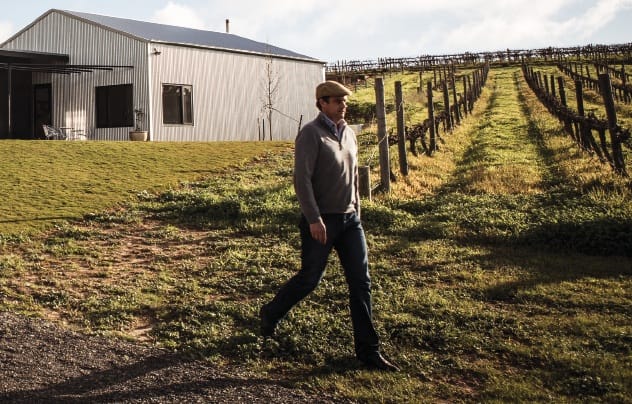
Bekkers has made 250 bottles of Premier Cru Chablis. “It’s some fun for our mailing list,” says Toby.
“It’s also a way to tell Emmanuelle’s story and maintain good links in the wider world of fine wine, which is important to what we do.”
But McLaren Vale remains the focus. The words McLaren Vale dominate the front labels.
“Our story is about intimate knowledge of a region and trying to put our best foot forward to be an emblem for McLaren Vale,” Toby says.
“Understating the Bekkers brand shows some quiet confidence in our abilities and where we think we sit in our understanding of the region.”
The $10 tasting fee is refunded to customers who spend $150 or more. Most who make it inside, buy.
“Our strike-rate is good,” says Toby.
“At this early stage, some days we see only two cars – sometimes none – but we have a clear vision for our business and we will stick to it.”
It’s not as if Toby sits around waiting for them.
“There’s always a hole to dig or a vine to prune,” he says.
“That’s what I love about what I do. I can be covered in dirt one day and the next day be sitting in a great restaurant in my best clothes showing the wines to people. When people in this industry complain, I remind them how good we’ve got it.”



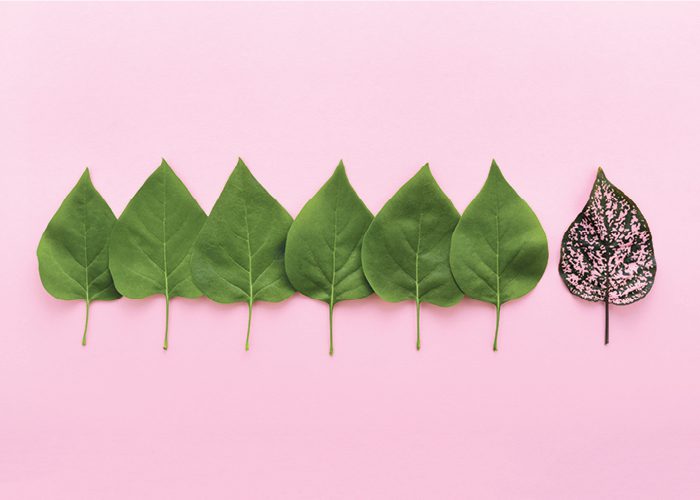
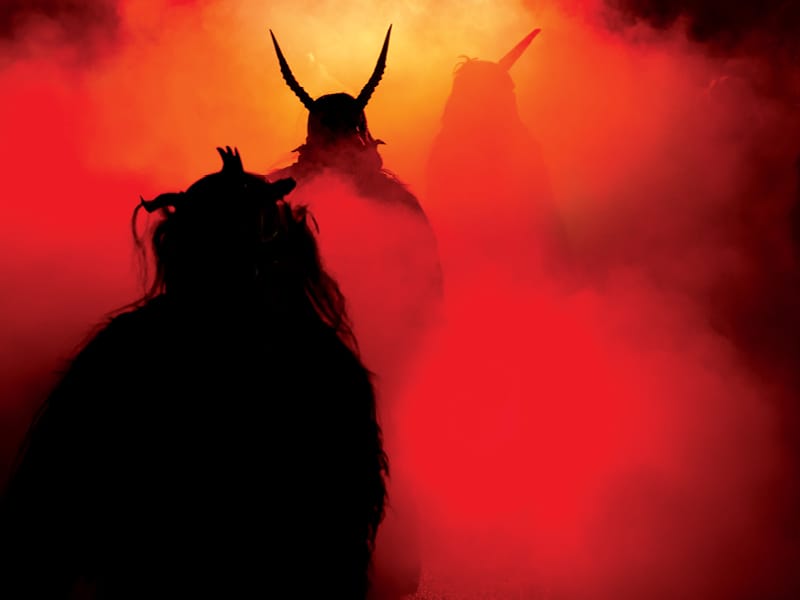
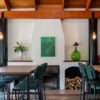



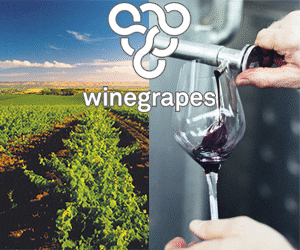
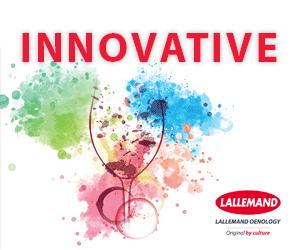
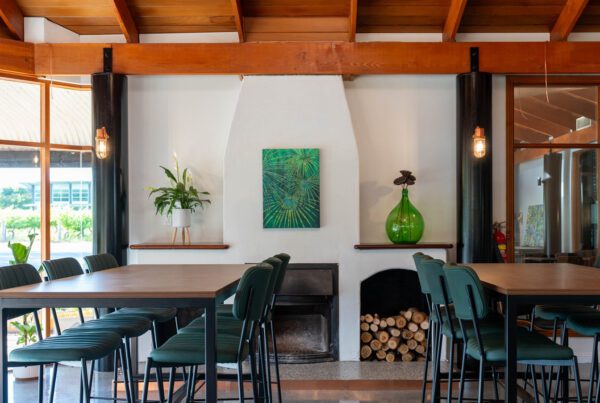
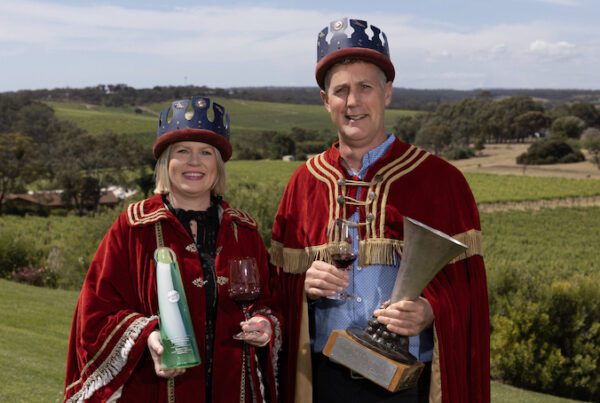
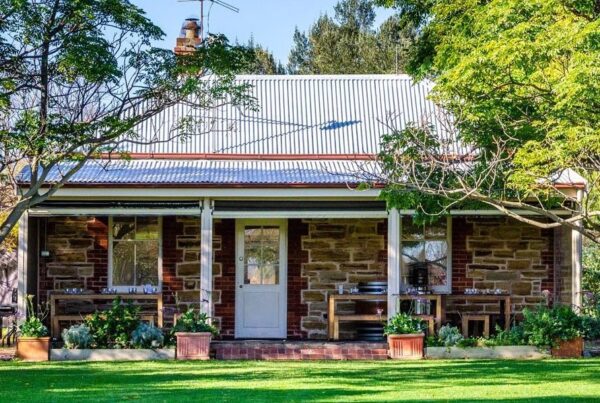
Recent Comments